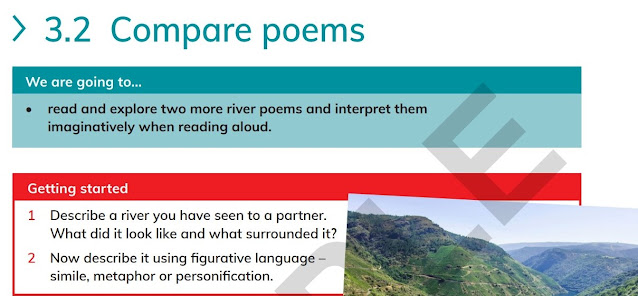Grammar: 2.6 Make a Start (Monday; 27/9) (Tuesday; 28/9) (Friday; 1/10)
K: Know the main relative pronouns.
U: Understand how to use relative pronouns.
D: Practice pronouns in sentences.
Words of the Day
1. Pronouns
2. Phrase
Let's begin!
Please refer to page 58 of your learner book.
In short, a relative pronoun is one which is used to refer to nouns mentioned previously, whether they are people, places, things, animals, or ideas. Relative pronouns can be used to join two sentences. Let's look in more detail:
1. Who
We use who in relative clauses to refer to people.
I think there’d be a lot of children who’d love to have a climbing wall in school.
There’s this guy at work, who’s one of my friends, well he’s never been on a train.
2. Whom
The most common use of whom is with a preposition. We can use whom as the complement of a preposition:
The first book was a terrible historical novel for children which was turned down by every publisher to whom it was sent. (whom refers to every publisher and is the complement of the preposition to)
Drama in schools is particularly good for pupils for whom English is a second language.
We put the preposition before whom.
3. Whose
We usually use whose as a relative pronoun to indicate possession by people and animals. In more formal styles, we can also use it for things.
He’s marrying a girl whose family don’t seem to like him.
There was me and there was Kate, whose party it was, and then there were two other people.
It is a rambling Tudor house, whose sitting room looks out over a wonderful walled garden.
4. Which
We use which in relative clauses to refer to animals and to things.
You need to tick the box which says yes.
He won’t have much time to prepare for the meeting, which is this afternoon.
5. That
We use that instead of who, whom or which in relative clauses to refer to people, animals and things. That is more informal than who, whom or which:
We met somebody last night that did the speech therapy course two years after you. (refers to a person)
The 8.30 is the train that you need to get. (refers to a thing)
She blamed herself for everything that had happened.
How can we identify the difference between who and whom?
Whom should be used to refer to the object of a verb or preposition. When in doubt, try this simple trick: If you can replace the word with he, she, or they, use who. If you can replace it with him, her, or them, use whom. Let's see some examples:
1. The musician who wrote this song is Malaysian.
She/He/They wrote this song.
2. I know who your best friend is!
He/She/They are your best friend!
3. The witnesses whom I interviewed gave conflicting evidence.
I interviewed her/him/them.
4. Actually, she knew very little about the friend with whom she had befriended at the beach.
She has befriended him/her/them.
Task Time
Please use your real name in the Quizizz. If nickname, ensure you either put your real name in a bracket or in the Zoom chat. Attempt until you get 100%. Have fun!





Comments
Post a Comment